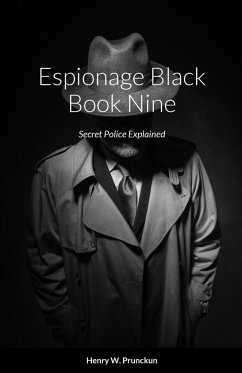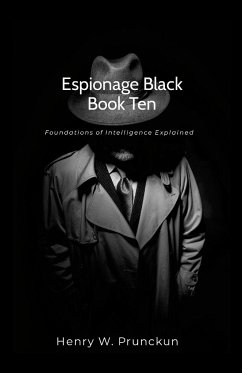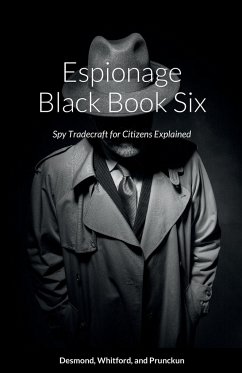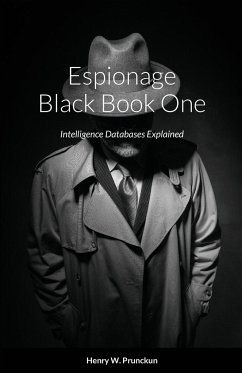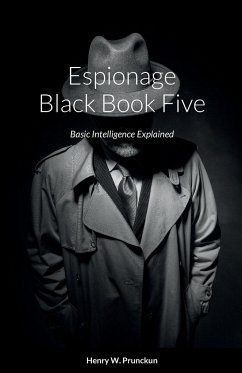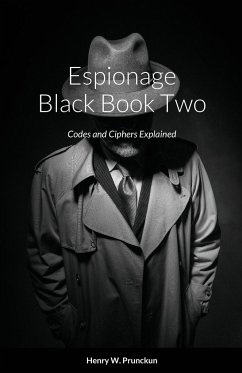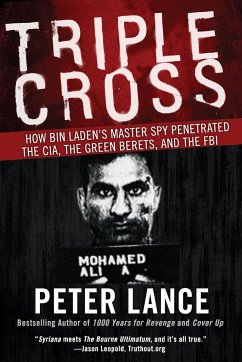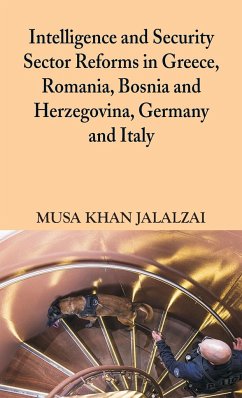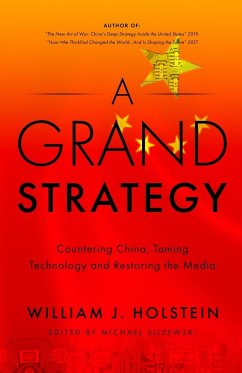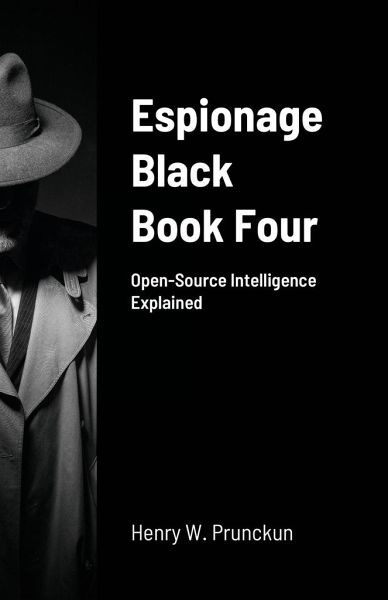
Espionage Black Book Four
Open-Source Intelligence Explained

PAYBACK Punkte
8 °P sammeln!
If intelligence is information that has undergone an analytic process, then open-source intelligence (OSINT) is publicly accessible data subjected to the same secret research processes. But, if you have been under the misapprehension that intelligence information came from covert operatives and hidden listening devices, then this book is a must-read because it will clarify the fallacy. In this fourth in the "Espionage Black Book" series of technical monographs on intelligence tradecraft, Dr Henry Prunckun explains what open-source intelligence is, its history of use, and why this methodologica...
If intelligence is information that has undergone an analytic process, then open-source intelligence (OSINT) is publicly accessible data subjected to the same secret research processes. But, if you have been under the misapprehension that intelligence information came from covert operatives and hidden listening devices, then this book is a must-read because it will clarify the fallacy. In this fourth in the "Espionage Black Book" series of technical monographs on intelligence tradecraft, Dr Henry Prunckun explains what open-source intelligence is, its history of use, and why this methodological approach is in widespread use by militaries, national security agencies, law enforcement bodies, as well as the business sector and non-government organizations. Dr Prunckun discusses how open-source intelligence is collected and how these data are validated to weed out misinformation and disinformation. He also discusses key analytical methods used to transform raw information into finished intelligence and presents a few examples of report types. Finally, "Espionage Black Book Four" discusses the ethical issues for those who work with open-source intelligence.



